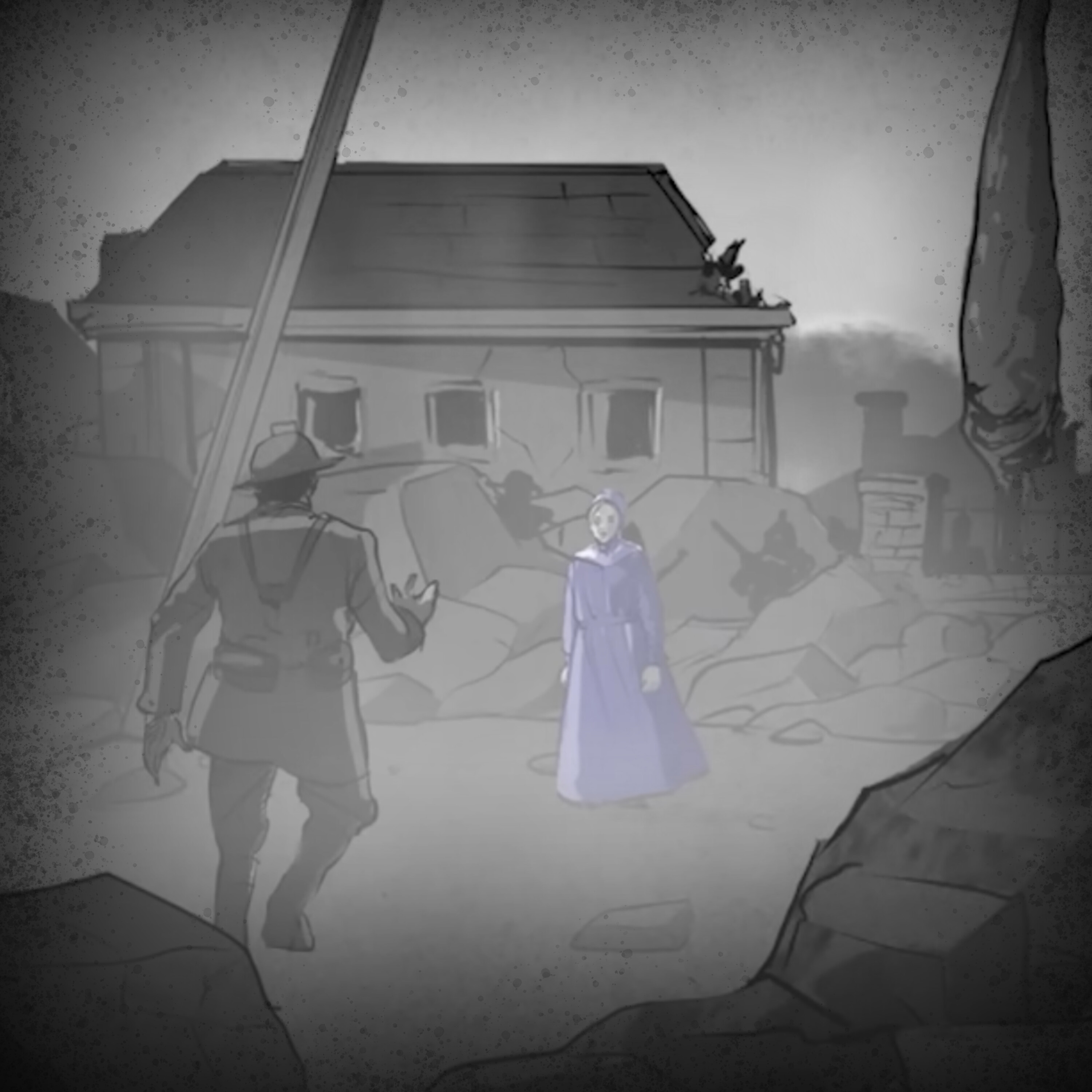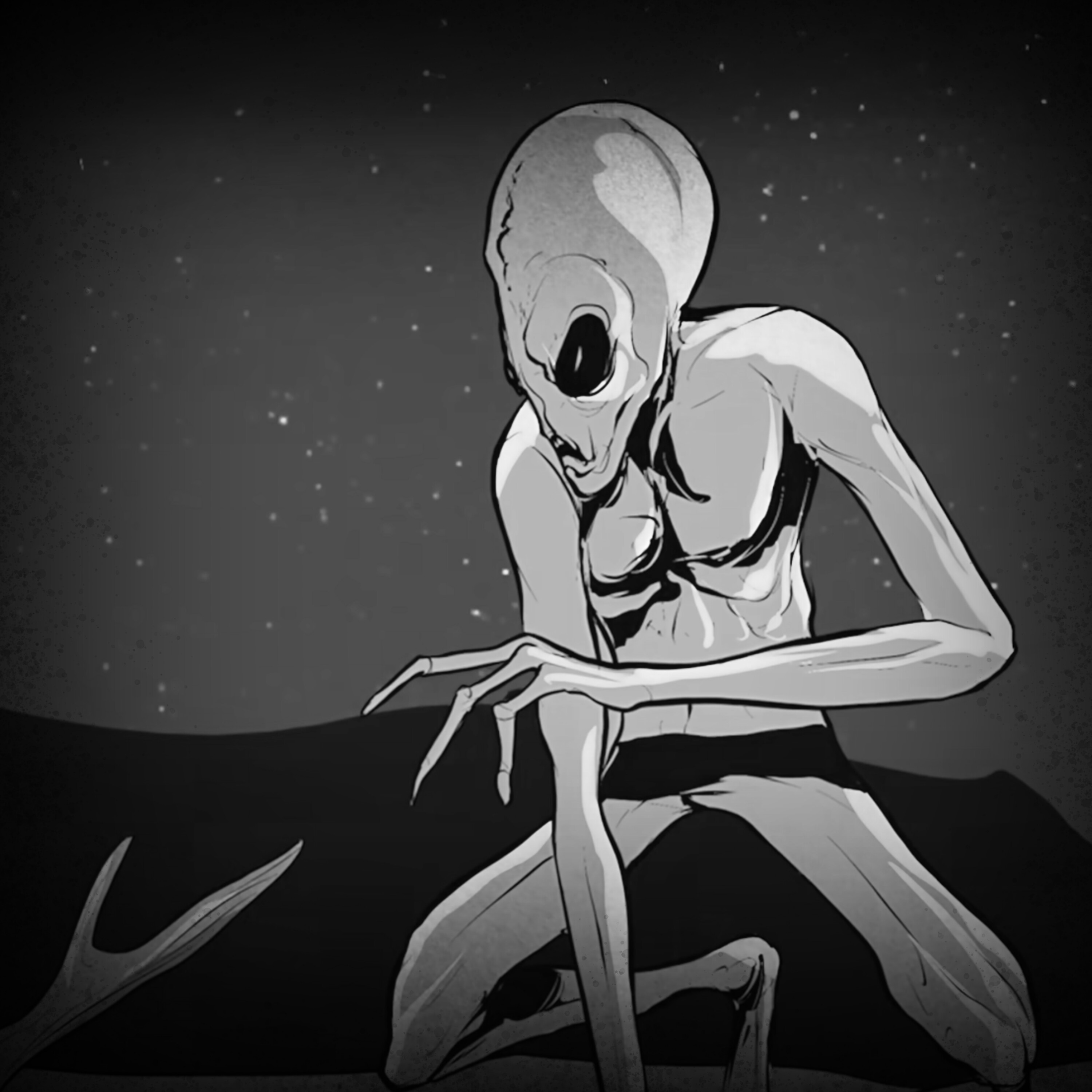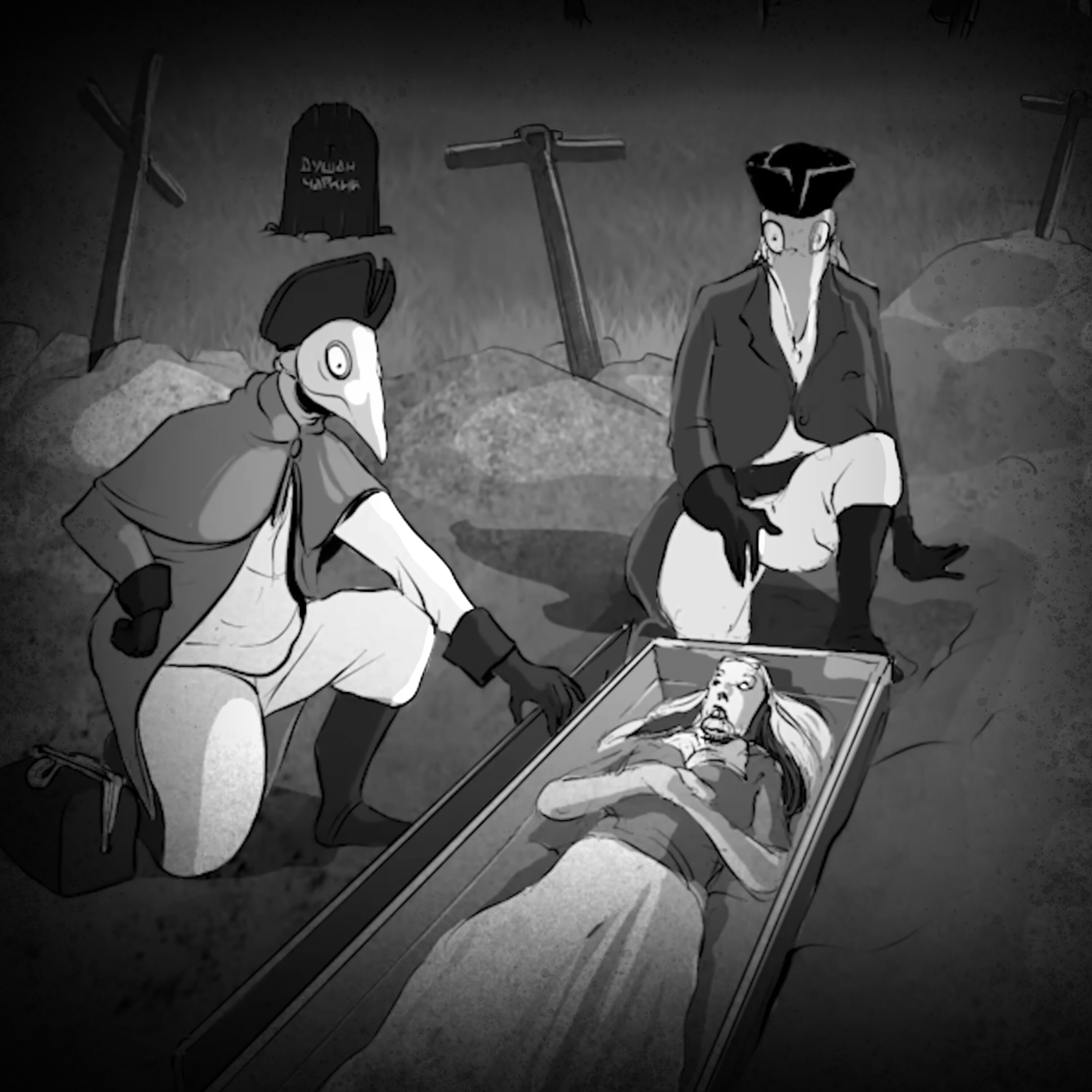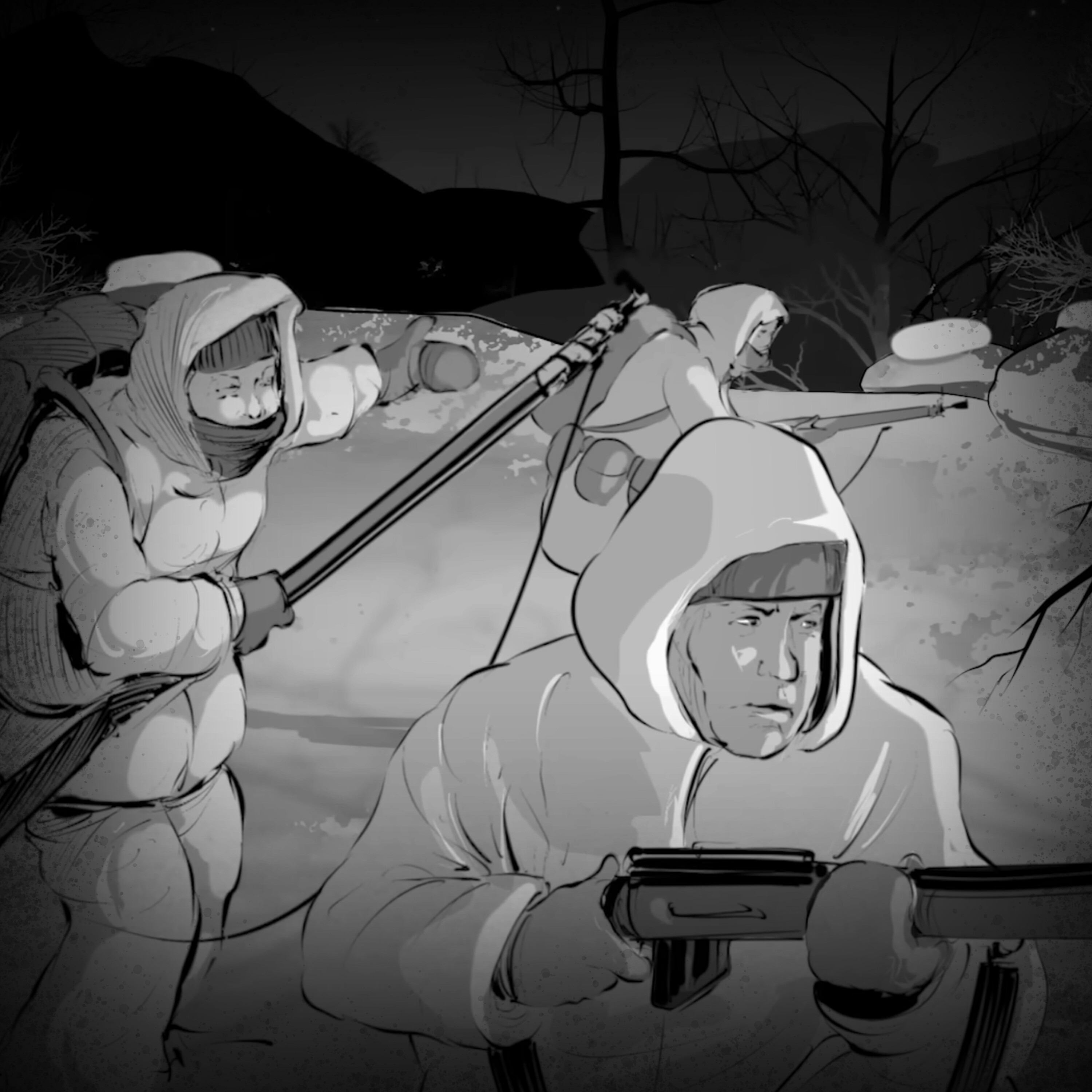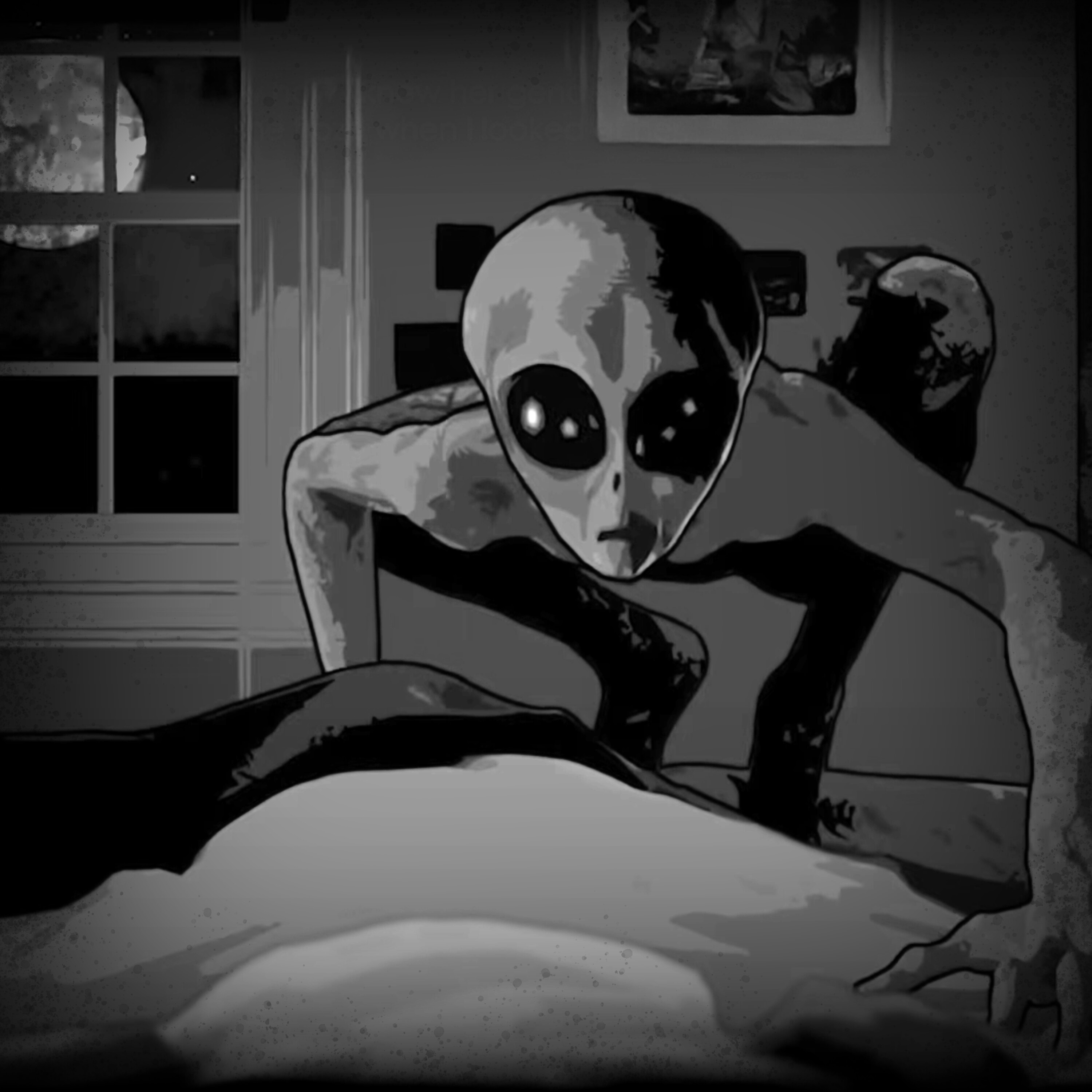Seeing Death Before it Happened
A soldier's ghostly brother leads him to safety.
See Privacy Policy at https://art19.com/privacy and California Privacy Notice at https://art19.com/privacy#do-not-sell-my-info.
Press play and read along
Transcript
Transcript is processing—check back soon.
Wartime Stories — Seeing Death Before it Happened
